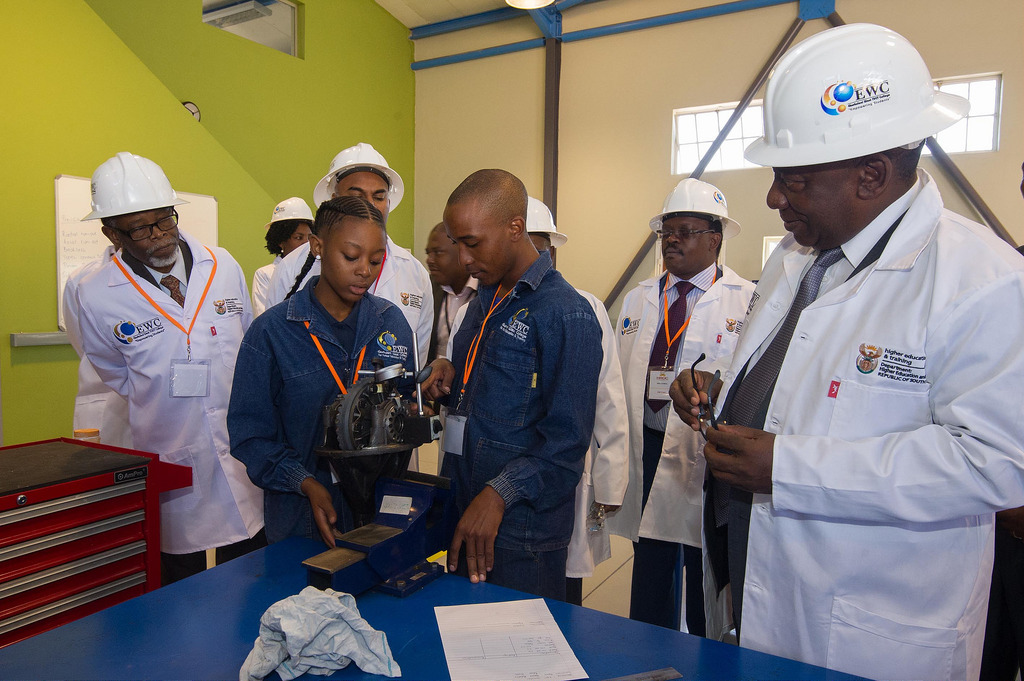September is International Literacy Month. According to the United Nations Education, Scientific and Cultural Organisation (Unesco), 750 million people around the world remain illiterate, two-thirds of whom are women. In sub-Saharan Africa, the adult literacy rate rose from 52% in 1990% to 65% in 2016 and the youth literacy rate rose from 65% to 75%.
Literacy is said to contribute towards social and economic development. Improving literacy skills at a young age helps build a foundation for an active citizenry. By the time children reach grade four, they should be able to use different patterns, differentiate between sounds (decoding) and read quickly and fluently, but learning to read in South Africa is still a major challenge.
According to literacy empowerment organisation Help2Read, many children in South Africa who come from low-income families are at a disadvantage before entering school because they hear 30 million fewer words than their affluent peers by the age of three. The Daily Vox has compiled a short list of ways for you to celebrate Literacy Month.
1. Gather children, take them to the library and help them read
According to Help2Read, about 70% of children in grades one to three are taught in an African language and switch to English when they reach grade four. Over half of these grade four struggle to learn in English while 28% don’t understand a single English word. Petunia Thulo, events coordinator for literacy empowerment organisation Nal’ibali, said anyone who who wants to help improve literacy skills of children should gather children in their communities and take them to the nearest library to help them read and improve their English skills.
2. For the story-tellers: Story Bosso
Telling children stories helps to improve their imagination and listening skills, and research shows that imagination is the basis for all higher order of thinking.
For all young and old African folktale storytellers, Nal’ibali is hosting a storytelling talent search throughout the month of September. The initiative will be travel through in the Eastern Cape, KwaZulu Natal, Mpumalanga and the Western Cape. Thulo told The Daily Vox that the competition will be mainly hosted in townships facilitated by literacy mentors, to help improve literacy in marginalised areas. If you think you have the best folktale story to tell, check out out on Nal’ibali’s website.
3. Volunteer at or donate funds or books to a literacy organisation
There are several literacy organisations that are helping young children improve their literacy and reading skills, in and out of schools. Organisations like Shine Literacy and Read 2 Rise work closely with schools and youth programmes, providing children from disadvantaged areas with reading materials and reading support. If you really want to help South Africa be a better place for our kids, why not volunteer at a nearby library? And if you have spare cash or books you’re happy to part with, why not donate them to a literacy organisation, a school library or a public library?
4. Read a book with your child every night to improve their literacy
Research suggests that reading a bedtime story for or with your child can boost their brain development. Parents or caregivers who verbally engage with children help them learn more words than their counterparts in a shorter time period. Talking about the story and the characters, and relating events in the book to real life, also improve children’s comprehension and critical thinking skills.
You may not realise it, but reading a book could help improve the country’s literacy rate!









